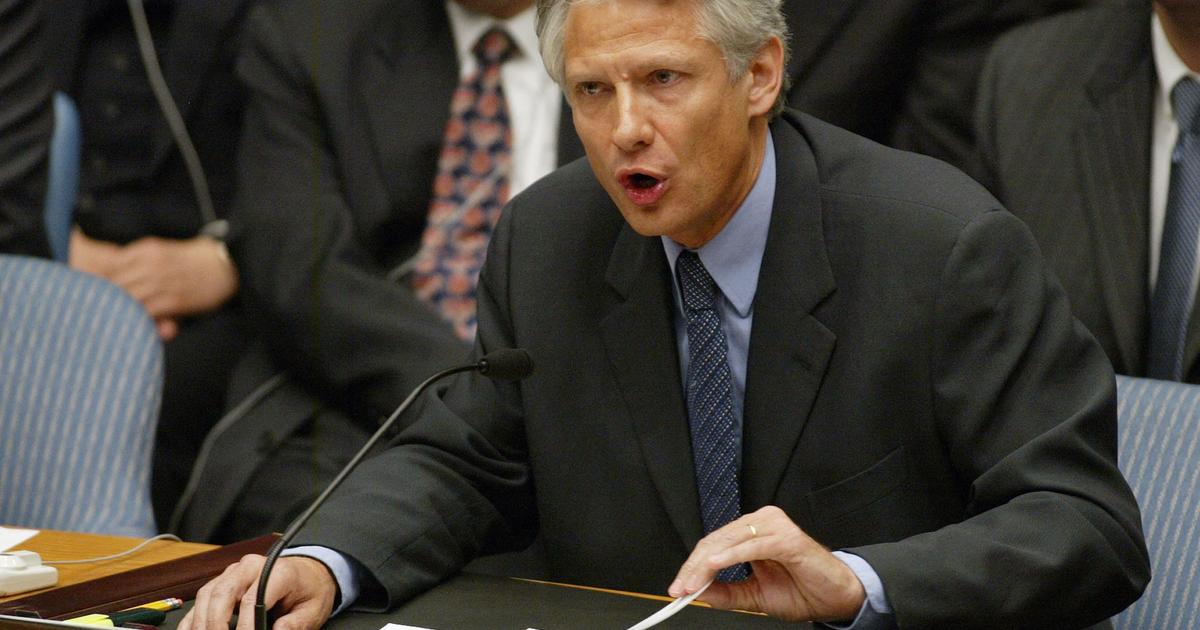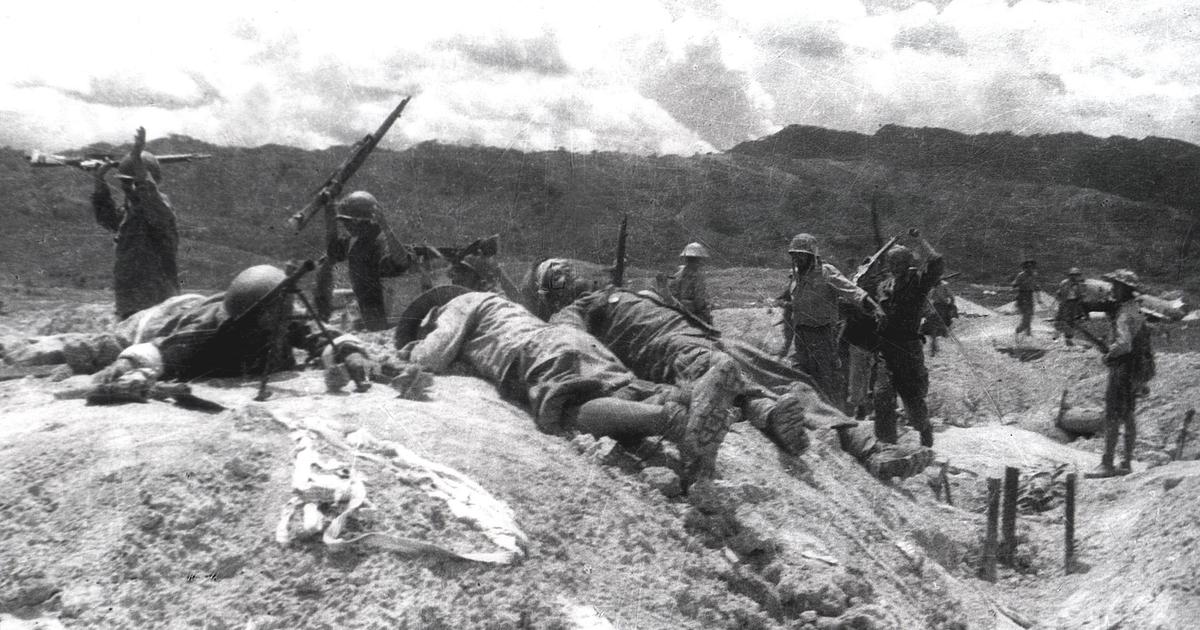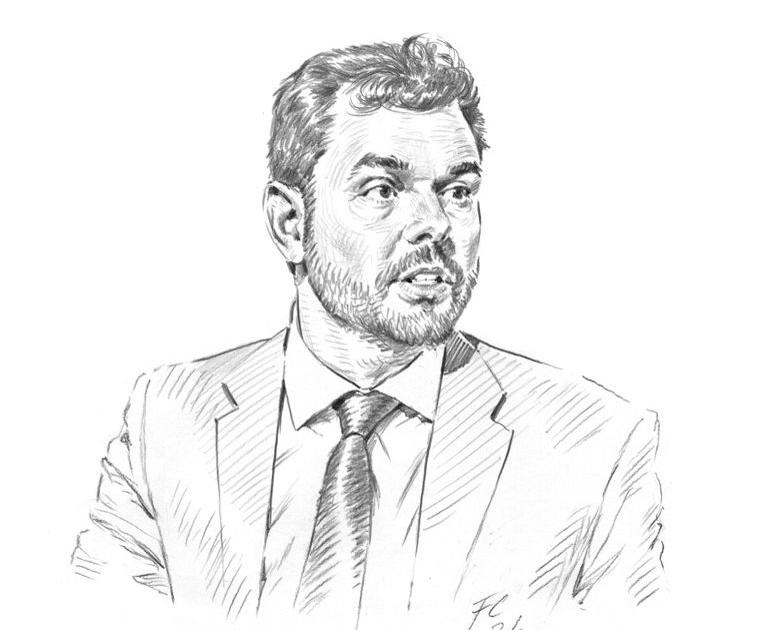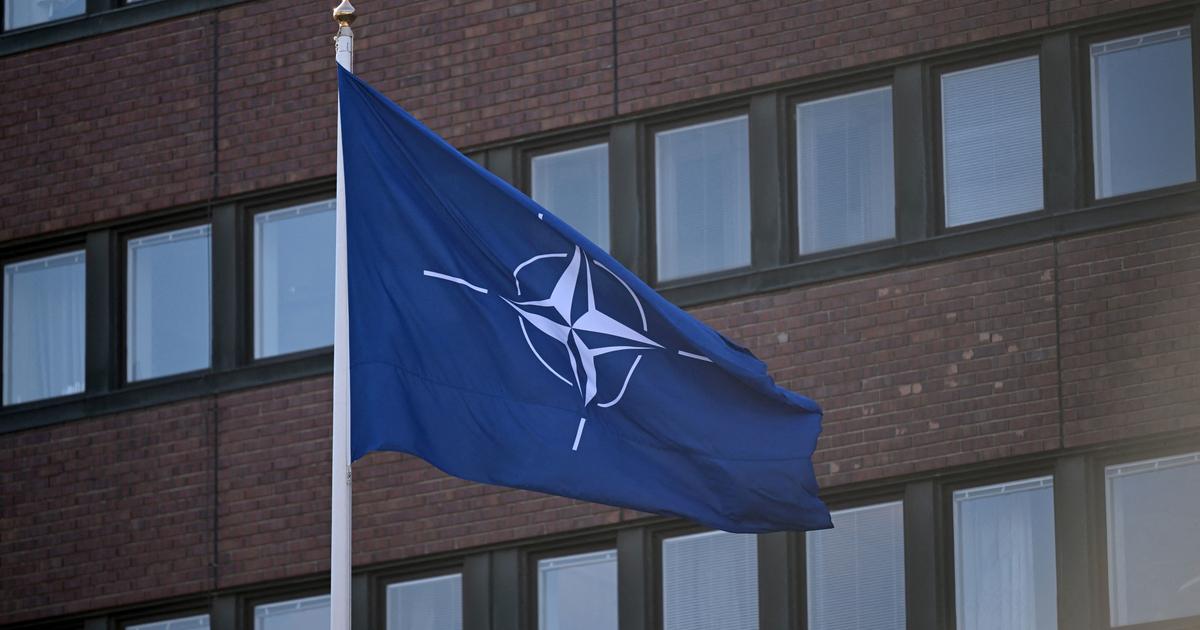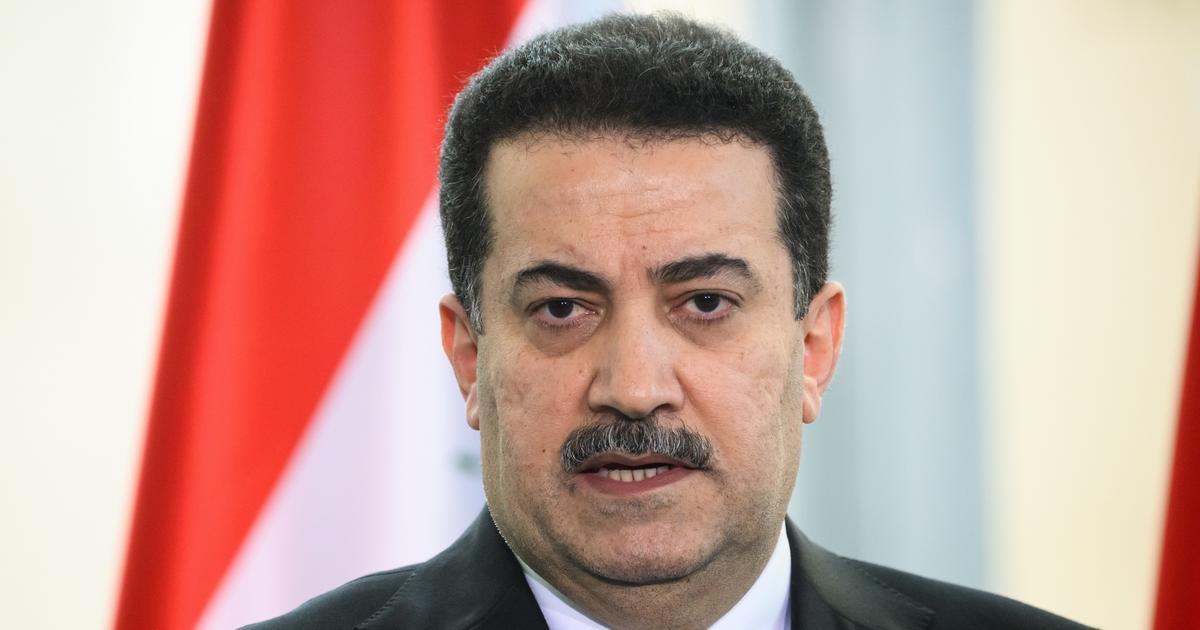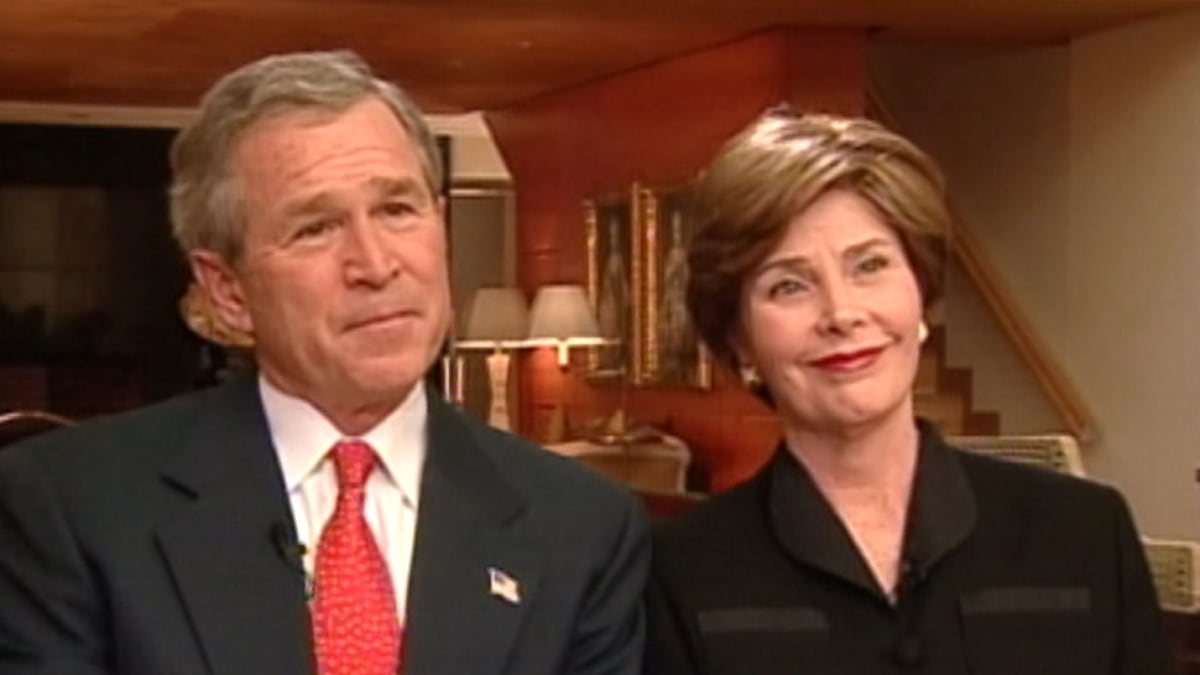A former member of the European Parliament, Florence Kuntz is the author of
Should Baghdad be Destroyed?
(Ed. du Rocher, January 2003).
On March 20, 2003, US-British forces invaded Baghdad in the name of the war on terrorism.
The "Iraqi Freedom" operation ("Iraqi Freedom"), flouting international law, ravaging the capital of the Abbasids, was going according to the predictions of the Arab League "to open
the gates of hell in the Middle East"
, and to increase tenfold a danger Islamist, whose intensity and scope Westerners are still struggling to realize.
During the pre-war months, France, promoted to leader of the opponents of this intervention, carried with courage and panache the voice of those who favored diplomacy over the use of force, preferred the dialogue of civilizations to the clash of cultures, and brandished a veto to a preventive offensive, which Dominique de Villepin prophesied from the UN tribune
"with heavy consequences on men, on the region and on international stability"
.
Read alsoIraq War: the bankruptcy of democratic fundamentalism in the United States
Twenty years later, what remains of this glorious epic?
Finally signing the diplomatic defeat of a France which had not been able to prevent the war, the spring of 2003 marks above all the last manifestation of a singular foreign policy, carrying, in a complicated East, a few simple ideas: Independence vis-a-vis the great powers and within Europe, and a balancing and mediating role in the MENA region.
In the Iraqi crisis, Europe will never try to speak with one voice!
Each first defends its traditions and interests, and chooses its side, in fact, Atlanticism.
Florence Kuntz
Braving America
In the aftermath of September 11, 2001, the American president warned:
“It is important that nations know that they will be held responsible for their inactivity.
In the fight against terrorism, either you are with us or you are against us.
.
At his side, Jacques Chirac will unreservedly support the intervention in Afghanistan.
But as the neocon trap closes, barely four days after the Twin Towers attacks, Department of Defense No. 2 suggests that a joint retaliatory operation be launched against Afghanistan and Iraq, and George Bush will try to use the collective emotion aroused by the attacks of Al Qaiada to complete the enterprise begun ten years earlier by his father, the fall of the Iraqi regime.
France will hold on…whatever the cost!
By favoring negotiation as an alternative to war, by advocating the peaceful disarmament of Iraq, she finds herself thrown into the camp of supporters of the Raïs.
The executive will resist an unprecedented wave of Francophobia,
french
neocon media bashing, fueled by threats of economic retaliation to the veto, which will submerge America for a long time.
In the summer of 2004, 27% of Americans still believe that France is an enemy in the war against terrorism.
It will be necessary to wait for the election of Sarko the American, "his 100 days" heavy with symbols - appointment to the Quai d'Orsay of Bernard Kouchner, one of the rare French politicians who openly supported the invasion of Iraq, first holidays presidential elections in New Hampshire in August, picnic in Maine, at the invitation of the Bushes, father and son accompanied by their wives - to trigger the great return of France to the Western family, consecrated by the reintegration of the integrated command NATO in 2009.
Assuming the divisions between Europeans
It is the first time since 1992, and the creation of the CFSP, that Europeans find themselves so divided on a subject of foreign policy.
But in the Iraqi crisis, Europe will never try to speak with one voice!
Each first defends its traditions and interests, and chooses its side, in fact, Atlanticism.
If the Franco-German couple finds itself on the opposition to the use of force, expressed during the anniversary of the Élysée Treaty in January 2003, the Europe of 15 is going to war.
At the forefront, Great Britain where Tony Blair zealously relays the American positions, when he is not ahead of them!
In Madrid, the People's Party in power is not to be outdone, despite being contrary to its public opinion;
the "Iberian street" will be one of the most mobilized against the Iraqi conflict.
But the Bush Doctrine against terrorism seduces a José María Aznar, himself a victim of ETA in the 90s, and it is Colin Powell that the Spanish Prime Minister will call on to resolve the brief territorial conflict which opposes him to Morocco. on Persil islet in the summer of 2002.
In the Iraqi crisis, by refusing to make war the shortest path to collective security, our diplomacy was simultaneously acting as the "guardian of an ideal" and a faithful ally of the Iraqis.
Florence Kuntz
As for the countries of Central and Eastern Europe, which will join the Union after this crisis, priority was given to the protection offered to them by NATO – for some since 1999 – in the face of the Russian threat.
They call wholeheartedly for transatlantic unity in the anti-Saddam crusade.
First, in the "letter of the 8" of January 2003, signed by the Czech Republic, Hungary and Poland alongside member countries.
Then, on 5 February, the Foreign Ministers of Albania, Bulgaria, Croatia, Estonia, Latvia, Lithuania, Macedonia, Romania, Slovakia and Slovenia, meeting in Vilnius, ask the Council of security to
"take the necessary measures"
to put an end to the Iraqi threat.
The reply of the "boomer" Chirac, accusing them of having
"missed a good opportunity to be silent"
, hardly remains in the memory of "those of Vilnius" and Warsaw, who today make Europe, a European Union whose engine is geography, and the heart Atlantic Alliance.
Read alsoVillepin: the story of his speech at the UN in comics
France's Arab policy?
It was Jobert, the native of Meknes who spoke about it best:
"France has no Arab policy, any more than it has a Chinese policy, but it has a policy of its interests towards the countries Arabs."
In the Iraqi crisis, by refusing to make war the shortest way to collective security, our diplomacy was at the same time "guardian of an ideal" and faithful ally of the Iraqis, accompanying their development since the 1970s, the first Western trading partner of Baghdad, supporter of the years of war against Iran and protector of Eastern Christians...
The war will take everything away – Chirac's promises on France's place in reconstruction, our intransigence in the Security Council with a rallying to resolution 1511 legitimizing the occupation of Iraq by coalition forces - and disrupt the compass of our Arab policy, until we lose the South!
Let us collectively evoke the countries bordering the Mediterranean, and the failure of the Mediterranean Union, torpedoed by Germany.
Think of Tunis and Cairo in the winter of 2011, and the Arab springs underestimated by French diplomacy which, in the end, will end up ruining the dividends of 2003 on the banks of Sirte, by participating in the liquidation of Gaddafi.
Let us finally be sorry for the damaged relationship with Morocco.
A balance sheet of

